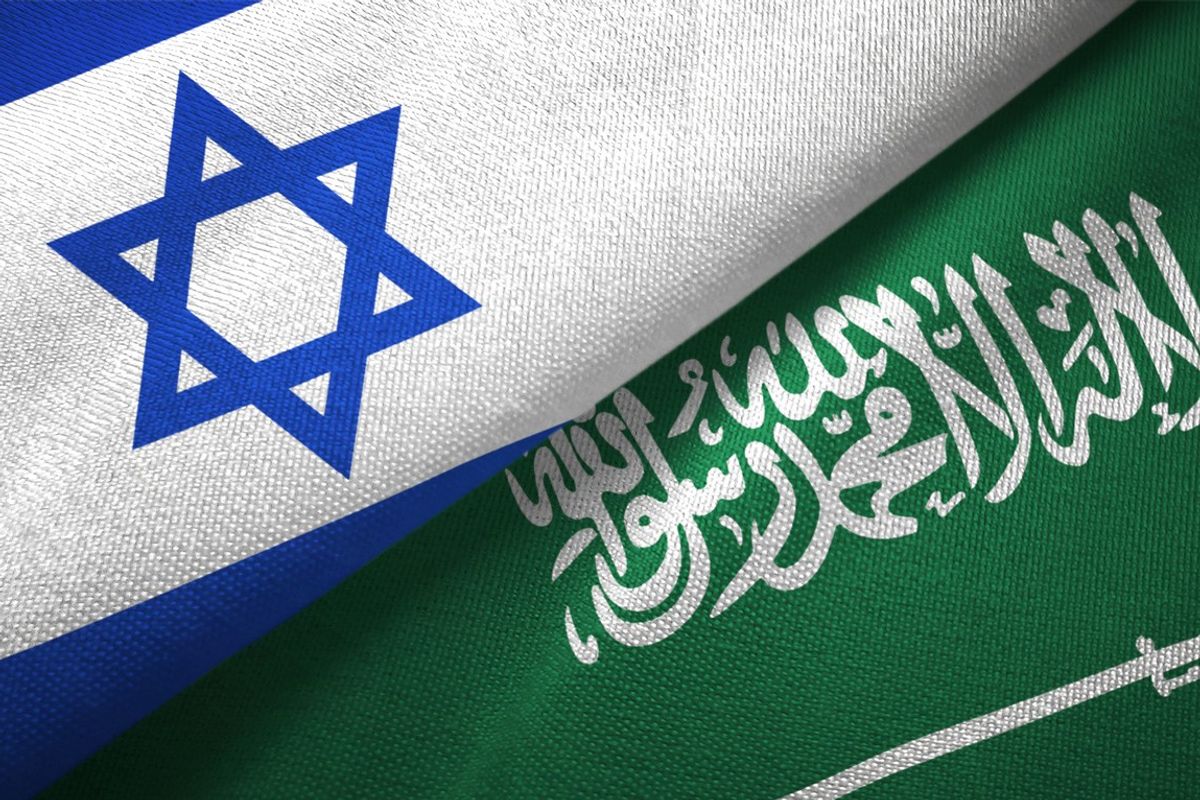Bottom Line Up Front
- Israel claimed responsibility for a recent airstrike in Syria last weekend, signaling that the long-simmering shadow war between Israel and Iran could escalate further.
- Iran has used the war in Syria to grow its proxy forces, which now include a Shia foreign fighter army that operates throughout Syria and could be unleashed elsewhere.
- Shortly after the strike in Syria, another suspected strike by Israel took place inside Iraq, where Iran supports influential Shia militia forces.
- The more firmly entrenched Iran’s proxies become, the greater reach it has and the more aggressive Israel will be in its response to Tehran’s regional expansion.
Throughout the eight-year long Syrian civil war, Israel has conducted strikes against Iranian assets operating inside the country. Israel’s most recent strike occurred last weekend against Hezbollah fighters operating on an Iranian base that Israel insists was being used to prepare a drone attack against it. Israel immediately claimed responsibility for the attack in Syria, as concerns grow that the long-simmering shadow war between Israel and Iran could escalate further. Israeli Prime Minister Benjamin Netanyahu stated the strike showed that ‘Iran has no immunity anywhere.’ The Israeli airstrike in Syria precipitated two other attacks thought to be the work of Israel—a drone armed with explosives crashing into a building where Hezbollah media operations are located in Beirut and a drone strike in al-Qaim, Iraq, where a member of an Iranian-backed militia was killed.
Although the drone armed with explosives only caused minor damage to a Hezbollah media office, the geopolitical fallout could have far-reaching impact. Hezbollah officials claimed that two Israeli drones, each armed with 12 kilograms of explosives, were used in the attack, with one malfunctioning before detonation. The response was swift, with Lebanese President Michel Aoun calling the incident ‘an act of war.’ This was the first Israeli strike inside Lebanon since the end of July 2006 33-day war. Prime Minister Hariri said the raid ‘constitutes a threat to regional stability.’ Hezbollah’s Secretary General Hassan Nasrallah called it a ‘clear aggression’ and a ‘new phase.’ The escalation led the United Nations to call for all parties to ‘exercise maximum restraint in both action and rhetoric.’ Hezbollah is likely to respond, which could accelerate the spiral toward another regional conflict.
The third suspected Israeli strike occurred inside of Iraq, where Iran supports Shia militia forces (known as popular mobilization forces or PMF) that have established a sizable military presence and influence inside the country. On August 25, in the Iraqi city of al-Qaim, a senior member of an Iranian-supported militia was killed in what is suspected to be an Israeli drone strike. This strike follows numerous other suspected Israeli attacks on Iranian-backed forces in Iraq, including one that destroyed a weapons and ammunition depot. The more firmly entrenched Iran’s proxies become, the greater reach they will have within the Middle East, and the more concerned Israel will become about Tehran’s regional expansion.
Israel’s strikes inside Iraq have antagonized Iraqi politicians and have been linked to calls for the United States to reduce its military presence in the country, where American soldiers continue to assist in the fight against the so-called Islamic State. There are other consequences related to Israel’s more aggressive posture in the region. Iran has used the war in Syria to grow its proxy forces, which now include a Shia foreign fighter army that operates throughout Syria and could be unleashed elsewhere. Some Iranian proxy forces, including Hezbollah, are highly capable and are equipped and trained by Islamic Revolutionary Guards Corps-Quds Force (IRGC-QF) members. Iran maintains a web of proxies across numerous countries—Lebanon, Syria, Iraq, and Yemen, to name a few—and a sustained military offensive against these forces would be a significant escalation in Israel’s longstanding campaign to counter Iranian influence.












